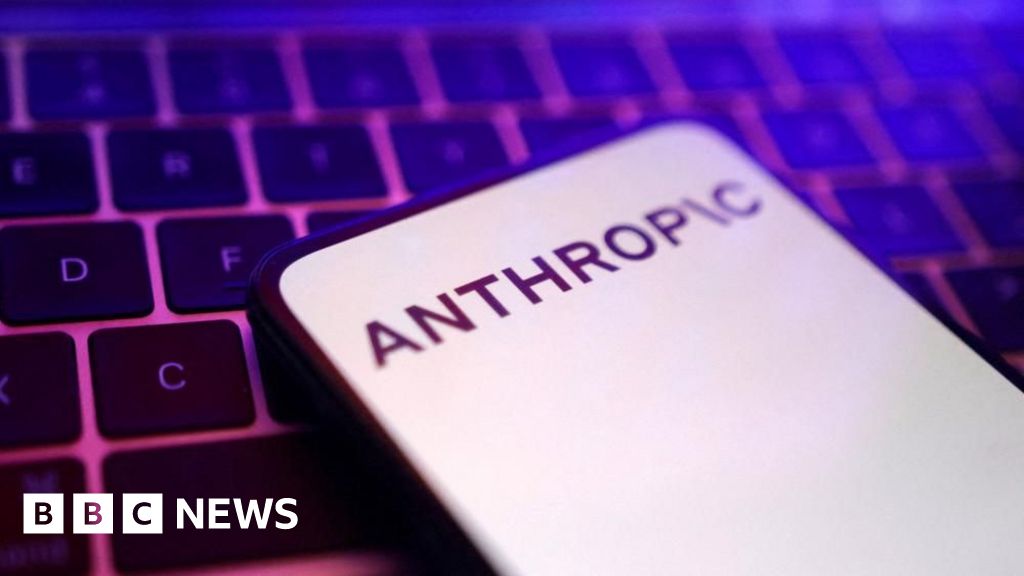AI firm Anthropic agrees to pay authors $1.5bn for pirating work – BBC

Artificial intelligence (AI) firm Anthropic has agreed to pay $1.5bn (£1.11bn) to settle a class action lawsuit filed by authors who said the company stole their work to train its AI models.
The deal, which requires the approval of US District Judge William Alsup, would be the largest publicly-reported copyright recovery in history, according to lawyers for the authors.
It comes two months after Judge Alsup found that using books to train AI did not violate US copyright law, but ordered Anthropic to stand trial over its use of pirated material.
Anthropic said on Friday that the settlement would "resolve the plaintiffs' remaining legacy claims."
The settlement comes as other big tech companies including ChatGPT-maker OpenAI, Microsoft, and Instagram-parent Meta face lawsuits over similar alleged copyright violations.
Anthropic, with its Claude chatbot, has long pitched itself as the ethical alternative among its competitors.
"We remain committed to developing safe AI systems that help people and organisations extend their capabilities, advance scientific discovery, and solve complex problems," said Aparna Sridhar, Deputy General Counsel at Anthropic which is backed by both Amazon and Google-parent Alphabet.
The lawsuit was filed against Anthropic last year by best-selling mystery thriller writer Andrea Bartz, whose novels include We Were Never Here, along with The Good Nurse author Charles Graeber and The Feather Thief author Kirk Wallace Johnson.
They accused the company of stealing their work to train its Claude AI chatbot in order to build a multi-billion dollar business.
The company holds more than seven million pirated books in a central library, according to Judge Alsup's June decision, and faced up to $150,000 in damages per copyrighted work.
His ruling was among the first to weigh in on how Large Language Models (LLMs) can legitimately learn from existing material.
It found that Anthropic's use of the authors' books was "exceedingly transformative" and therefore allowed under US law.
But he rejected Anthropic's request to dismiss the case.
Anthropic was set to stand trial in December over its use of pirated copies to build its library of material.
Plaintiffs lawyers called the settlement announced Friday "the first of its kind in the AI era."
"It will provide meaningful compensation for each class work and sets a precedent requiring AI companies to pay copyright owners," said lawyer Justin Nelson representing the authors. "This settlement sends a powerful message to AI companies and creators alike that taking copyrighted works from these pirate websites is wrong."
The settlement could encourage more cooperation between AI developers and creators, according to Alex Yang, Professor of Management Science and Operations at London Business School.
"You need that fresh training data from human beings," Mr Yang said. "If you want to grant more copyright to AI-created content, you must also strengthen mechanisms that compensate humans for their original contributions."
Sign up for our Tech Decoded newsletter to follow the world's top tech stories and trends. Outside the UK? Sign up here.
The first lady has taken a different – and selective – approach to her duties in the White House.
Independent councillor Grace Lewis says Palantir has attracted "significant concern".
The firm says it uses AI to identify building proposals for industrial and brownfield sites.
A new dataset with African languages should improve access to AI for millions on the continent.
OpenAI has introduced new rules in the wake of the family's allegations that ChatGPT encouraged their child to take his own life.
Copyright 2025 BBC. All rights reserved. The BBC is not responsible for the content of external sites. Read about our approach to external linking.